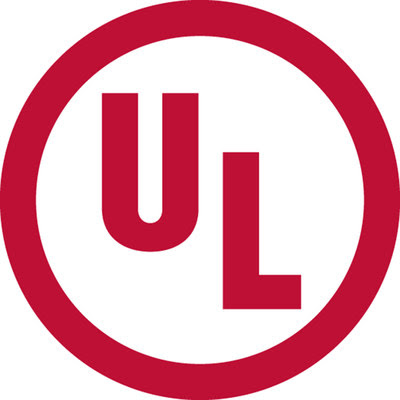Amnesty International said this week that Ethiopian government forces, Amhara region’s militia group and Eritrean forces have been systematically raping and abusing hundreds of women and girls in the conflict in the country’s northern Tigray region.
As part of a new report, Amnesty spoke to 63 survivors of rape and sexual violence from Tigray, in addition to health professionals working with the survivors. Among the survivors, 38 said the rapes were perpetrated by Eritrean soldiers.
“The victims were detained for more than 24 hours, and in some cases for weeks, while they were being raped by the soldiers,” said Fisseha Tekle, an Amnesty International researcher for the Horn of Africa speaking to the Associated Press.
“We can see that soldiers were brutalizing the survivors, they were beating them, they were using demeaning words or ethnic slurs against the victims, which shows that sexual violence was used to dehumanize the Tigrayan women in the ongoing conflict.”
Ethiopia and Eritrea both lashed out at the report.
Ethiopia’s foreign ministry said in a statement Wednesday that the government “condemns sexual violence in all circumstances and including in situations of conflict and has a zero-tolerance policy.” It said Ethiopia has previously acknowledged instances of sexual violence by some members of the armed forces and that it has “taken steps to ensure accountability.”
Ethiopia further criticized Amnesty International’s report as being “based on a flawed methodology,” saying the group made “sweeping and far-reaching conclusions that could hardly be supported by the limited and remote ‘investigation.’”
In February, the Ethiopian Women’s Minister Filsan Abdullahi Ahmed said that a government-initiated task force in the Tigray region has “established rape has taken place conclusively and without a doubt,” in a Twitter post. The attorney general has since been looking into the allegations, she added.
Eritrea’s minister of information, Yemane Gebremeskel, also criticized Amnesty International’s report, reiterating prior accusations against the rights group in a Wednesday tweet saying it has a “hostile agenda against Eritrea.”
Reports of sexual violence
A 20-year-old woman told Amnesty she was attacked in her home in November by armed men who spoke Amharic. She was four months pregnant.
“I don’t know if they realized I was pregnant,” she told Amnesty. “I don’t know if they realized I was a person.”
A 21-year-old woman told Amnesty that Eritrean and Ethiopian soldiers abducted her and held her for 40 days along with a group of other women.
“We were around 30 women they took from Badme. All of us were raped. They kept us for one month and 10 days. Then they brought us back to Badme and they let us go,” she said.
A 16-year-old girl said Ethiopian soldiers abducted her and took her to a compound in the Adebai, a town located close to the border with Sudan.
“They kept me for three days in that house and continued to rape me many times. Then, after three days, at night they let me go,” she told Amnesty.
The report is a small snapshot of what is happening on the ground said Amnesty’s Adotei Akwei, the managing director of government relations at Amnesty International USA.
“The ages of the women [are] as young as 10 and as old as 62,” Akwei told VOA. “The use of racial slurs to basically identify them as Tigrayan women and also the deliberate multiple incidents of rape by many men, even when the women were pregnant.”
Asked about the report by VOA on Wednesday, White House press secretary Jen Psaki said, “We’re closely engaged with countries in the region, leaders in the region and certainly horrified by what we’ve seen as ongoing human rights abuses in Ethiopia.”
The U.S. State Department has repeatedly called on all parties to the conflict to stop fighting and allow humanitarian and medical relief to get through to millions in Ethiopia who are suffering and facing famine.
Amnesty said the Ethiopian government needs to promptly and effectively investigate allegations of sexual violence and make clear to its security forces that such violations of international humanitarian law are prohibited. The group also called for the United Nations to send a team of experts on sexual violence in conflict to Tigray, and for the African Union to push for Ethiopia to allow its investigators to carry out a probe.
Ethiopia’s Prime Minister Abiy Ahmed Ali is urging civilians to join the country’s armed forces as the fighting escalates with Tigray People’s Liberation Front fighters.
Source: Voice of America


 يدخل حل
يدخل حل